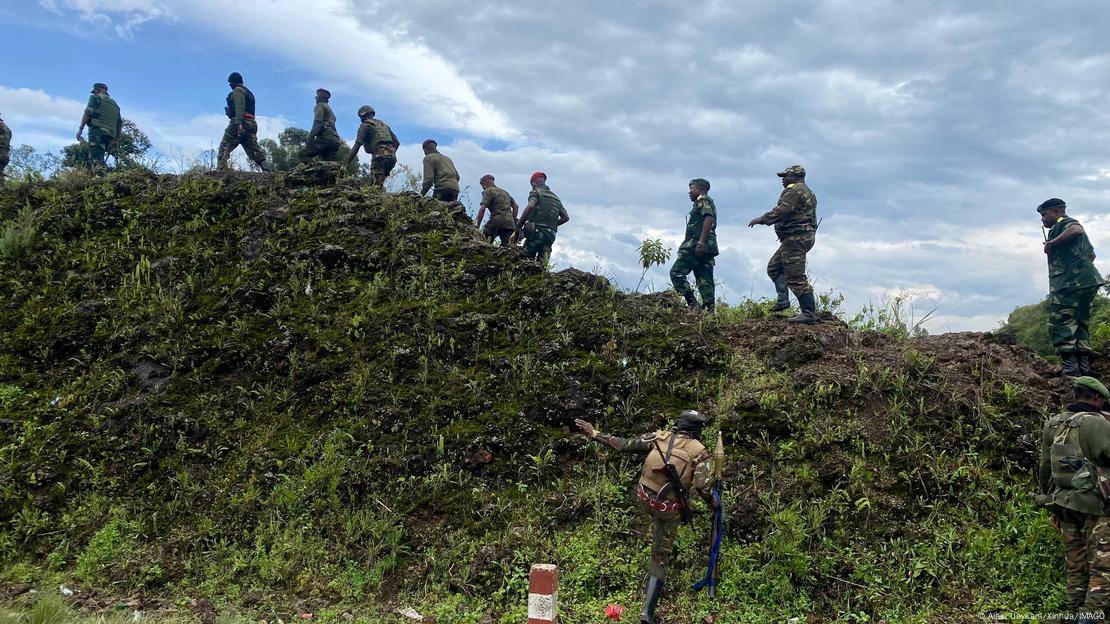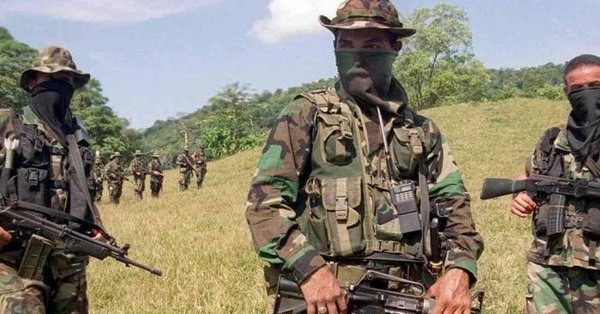Following the withdrawal of hundreds of Romanian mercenaries, who had been fighting alongside the Armed Forces of the Democratic Republic of Congo (FARDC) after their defeat by the M23 rebel group, reports indicate that President Félix Tshisekedi’s government is now seeking new mercenaries—this time from South America, specifically Colombia.
Since late last year, it has been reported that the Tshisekedi administration remains committed to working with mercenaries, even after the failure of the Romanian contingent. These efforts have recently intensified.
American mercenary Erik Dean Prince, founder of the private military company Blackwater, has recently signed an agreement with the Congolese government to provide security for the country’s mines and oversee tax collection systems. This agreement was finalized in January 2025, following extended negotiations between both parties.
Through his company Blackwater, Prince has been recruiting mercenaries—predominantly Colombians—for deployment to DR Congo.

ColombianMercenaries already active in Ukraine and Sudan
Former Colombian soldiers have increasingly entered the global mercenary market and are now among the most sought-after worldwide. During the height of the Ukraine-Russia war, many Colombians joined the conflict, fighting on behalf of the Ukrainian government.
They were reportedly promised salaries of up to 19 million Colombian pesos per month (approximately $4,300). Recruitment ads flooded platforms like TikTok, prompting eager applicants to fly from Bogotá to Madrid, then onward to Poland before entering Ukraine.
The lucrative offers drew many former Colombian soldiers into the mercenary field. In Mexico, Colombian ex-military personnel are also highly sought after by drug cartels for smuggling and security operations.
In Africa, Colombians have also been spotted in Sudan. Recent reports indicated that over 300 of them were fighting alongside the Rapid Support Forces (RSF) paramilitary group.
Since the early 2000s, Colombian mercenaries have operated in conflict zones including Russia, Yemen, Libya, Somalia, and Afghanistan. In Yemen, they were reportedly earning up to $7,000 per month.
In 2021, Colombian mercenaries were also implicated in the assassination of Haitian President Jovenel Moïse. Seventeen Colombians were arrested and are currently detained in Port-au-Prince.
More than 300 Colombian mercenaries have reportedly died in Ukraine since the war began.
Rwanda’s concerns over DR Congo’s intentions
Rwanda’s Minister of Foreign Affairs, Olivier Nduhungirehe, recently told Mama Urwa Gasabo TV that despite ongoing negotiations between Rwanda, the DR Congo, and the M23 group, evidence suggests the Congolese government is still preparing for war.
He said this concern has been brought to the attention of mediators, including Qatar and the United States.
“We have raised our concerns with the mediators that, while talks are ongoing, the Congolese government continues to pursue war. They are still importing weapons and hiring mercenaries, even after the Romanian forces were defeated—they are now recruiting new ones,” Nduhungirehe said.
U.S. distances itself from Erik Prince’s activities
While the United States plays a key role in mediating between Rwanda and the DR Congo, one of its own citizens—Erik Prince—is actively engaged in efforts to deploy mercenaries to the Congolese government.
Sources indicate that Prince’s actions are not supported by the U.S. government. In fact, a 2024 United Nations report revealed that Prince had proposed deploying up to 2,500 mercenaries to the DR Congo.
Prince, a former member of the elite U.S. Navy SEALs (1993–1995), founded Blackwater after leaving the military following the death of his father, Edgar Prince.
He went on to work closely with the U.S. government on various military and security missions.
It was once reported that when the UN peacekeeping mission MONUSCO withdraws from the DR Congo, Blackwater could assume security responsibilities in some regions.



